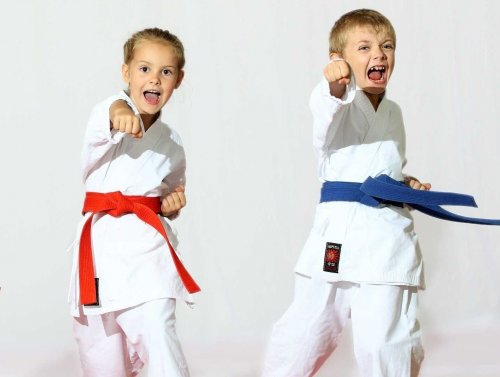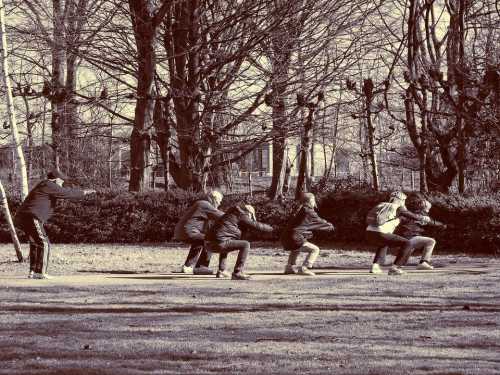
People approach martial arts training in different ways. Some go to the nearest outdoor class, which doesn't require a long commute. Others are willing to travel as long as the cost is right. Still others are willing to travel an hour and a half to two hours because they know for sure that's what they want to do, and that's where they want to do it.
There's another category of martial artist neophytes—those who, due to personal circumspection, feel the need to thoroughly prepare for upcoming training. It's impossible to approach such a responsible undertaking casually!
The first thing you need to do is choose what to do. This is perhaps the most difficult task for a beginner.
For many, martial arts are a form of fitness, where the goal is to move well. This means it doesn't really matter what exactly you're doing.
Or the goal is to learn to fight. Contact martial arts are best for this. In fact, almost any sport is suitable. Mixed martial arts, which include both striking and throwing, are best. And of course, you can start with the classics—boxing.
So the choice is quite obvious. You can join any local club. The beauty of sports is their unified, clearly defined methodology. Generally speaking, any wrestling or boxing club will teach pretty much the same things. It's like self-defense classes, if the coach is a former athlete.
But now it's not about the coaches, but about the students. More precisely, about one type of student—”potential students.”
“Potential”—because they tend to take too long to “want to do something.” These are serious people, accustomed to approaching everything thoroughly, including choosing a style and club for training. They read about martial arts, about trainers and schools; and finally, about how to choose a class and a trainer.
At best, people turn to online forums for help choosing something, where the topic of “what and where to do” is quite popular. And there you can really get relevant, and often professional, advice. But ultimately, they'll recommend “go and try it yourself.” If someone is truly determined to do something, they'll do it.
Some students manage to visit a dozen clubs in search of the right one, never staying anywhere for more than a few months, and then only at best. It seems like a good idea: get acquainted with different approaches, network, observe the coaches. Broaden your horizons…
But should they expand? Such a neophyte has formed some kind of idea about the martial art and/or the school or section. They may even know exactly what it “should look like.” That's what they're looking for.
In reality, he's searching for an ideal—one he imagines. There's nothing wrong with that, per se. I'm sure all practitioners have such an idealized image. But for beginners, it's based on what they've gleaned from literature, movies, the media, and the fragmentary conversations they've had during their first few training sessions. And what we've learned on our own, the quality of the information we've absorbed—God alone knows. And considering that martial arts are full of beautiful tales and charismatic storytellers…
Ultimately, in response to your questions, they'll recommend you “go somewhere.” And study in one place for at least a year. They'll give a universal answer for those who ask too many questions: “Study, and in a few years you'll understand!”
Another type of “potential students”: they don't so much choose where to go as they literally prepare for classes. They prepare physically.
- The logical chain is roughly as follows:
- I'm not into sports and I can't handle the stress.
- You should practice beforehand.
- I can't do a single pull-up, so what kind of training is that? I need to start running to lose weight.
- Running is bad for your joints.
- They say that martial artists have a lot of respect for CrossFit… (So, it turns out that you need to “prepare” for martial arts, but not for CrossFit?)
- CrossFit is too hard, I'll go to the gym instead. I'll tone up and then head to martial arts!
How long do you think all this “preparation” will take? Taking into account packing (what to wear), choosing (where to go), research (how to train), adaptation (waiting for the muscle soreness to subside)—at each stage, and taking into account the thoroughness…
Will such a “practicer” ever get to martial arts?
Maybe he'll get there… And it's quite likely he'll discover he's not ready for martial arts training… The physical demands here may not exceed those in the gym—but they're completely different. And it's not uncommon for healthy, muscular guys to “die” during their first few workouts. But we soon adapt, and everything returns to normal.
So, if we're talking about “preparing for martial arts training,” I recommend just going to the gym. It might only seem difficult at first, once you're unaccustomed to it.
After a few months, the workouts won't seem so hard anymore. And after a year or two, you might even want more…






